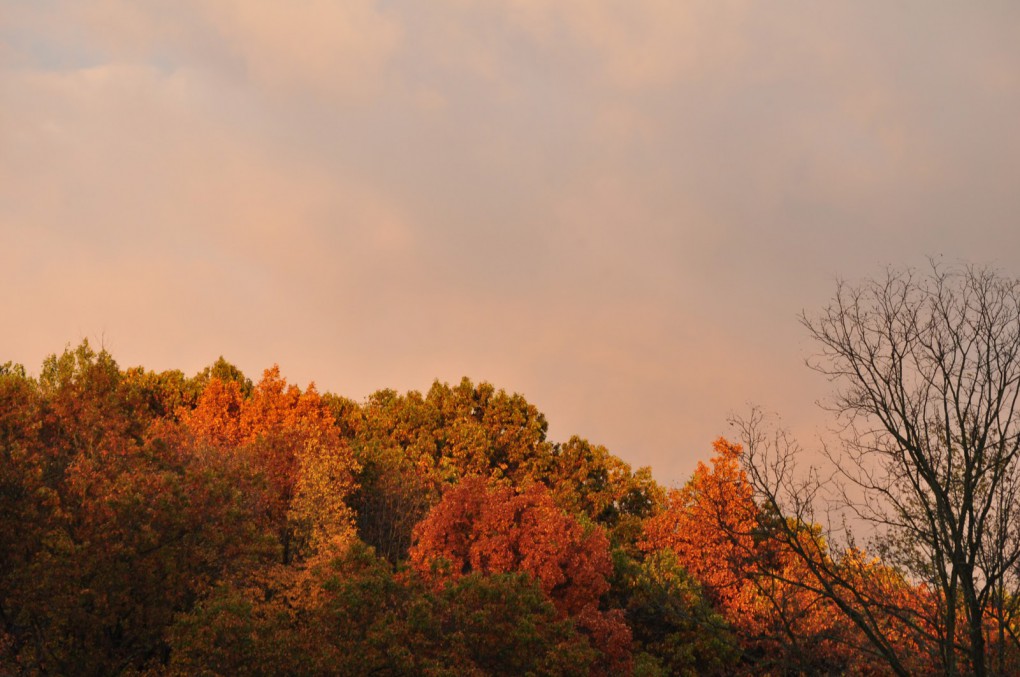SIMON COLEMAN
Here is a fine passage from Richard Jefferies’ autobiography, ‘The Story of My Heart’. His economical prose takes us through a variety of scenes, the emotions clear but restrained. Places of pilgrimage in nature were essential to him – places where he could experience beauty and feel connected to the ‘immense forces’ that are the four elements. He alludes to unhappiness but his search for beauty is unceasing. In the heart of London he finds nature to be ‘deepened by the crowds and foot-worn stones’. I find something very inspiring about this perception, and the whole of the last paragraph. I hope others do as well.
“Afterwards, I walked almost daily more than two miles along the road to a spot where the hills began, where from the first rise the road could be seen winding southwards over the hills, open and uninclosed. I paused a minute or two by a clump of firs, in whose branches the wind always sighed—there is always a movement of the air on a hill. Southwards the sky was illumined by the sun, southwards the clouds moved across the opening or pass in the amphitheatre, and southwards, though far distant, was the sea. There I could think a moment. These pilgrimages gave me a few sacred minutes daily; the moment seemed holy when the thought or desire came in its full force.
A time came when, having to live in a town, these pilgrimages had to be suspended. The wearisome work on which I was engaged would not permit of them. But I used to look now and then, from a window, in the evening at a birch-tree at some distance; its graceful boughs drooped across the glow of the sunset. The thought was not suspended; it lived in me always. A bitterer time still came when it was necessary to be separated from those I loved. There is little indeed in the more immediate suburbs of London to gratify the sense of the beautiful. Yet there was a cedar by which I used to walk up and down, and think the same thoughts as under the great oak in the solitude of the sunlit meadows. In the course of slow time happier circumstances brought us together again, and, though near London, at a spot where there was easy access to meadows and woods. Hills that purify those who walk on them there were not. Still I thought my old thoughts.
I was much in London, and, engagements completed, I wandered about in the same way as in the woods of former days. From the stone bridges I looked down on the river; the gritty dust, the straws that lie on the bridges, flew up and whirled round with every gust from the flowing tide; gritty dust that settles in the nostrils and on the lips, the very residuum of all that is repulsive in the greatest city of the world. The noise of the traffic and the constant pressure from the crowds passing, their incessant and disjointed talk, could not distract me. One moment at least I had, a moment when I thought of the push of the great sea forcing the water to flow under the feet of these crowds, the distant sea strong and splendid; when I saw the sunlight gleam on the tidal wavelets; when I felt the wind, and was conscious of the earth, the sea, the sun, the air, the immense forces working on, while the city hummed by the river. Nature was deepened by the crowds and foot-worn stones. If the tide had ebbed, and the masts of the vessels were tilted as the hulls rested on the shelving mud, still even the blackened mud did not prevent me seeing the water as water flowing to the sea. The sea had drawn down, and the wavelets washing the strand here as they hastened were running the faster to it. Eastwards from London Bridge the river raced to the ocean.”
